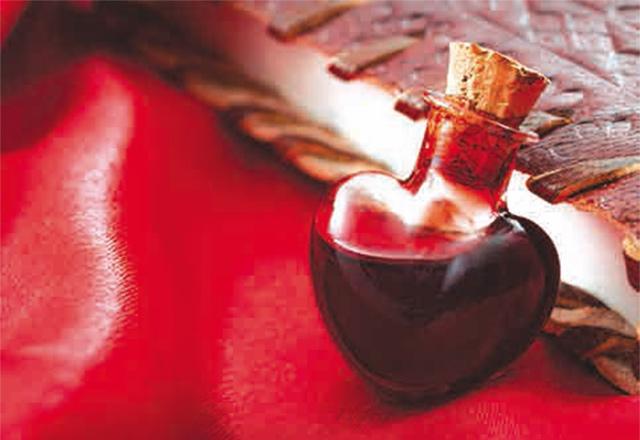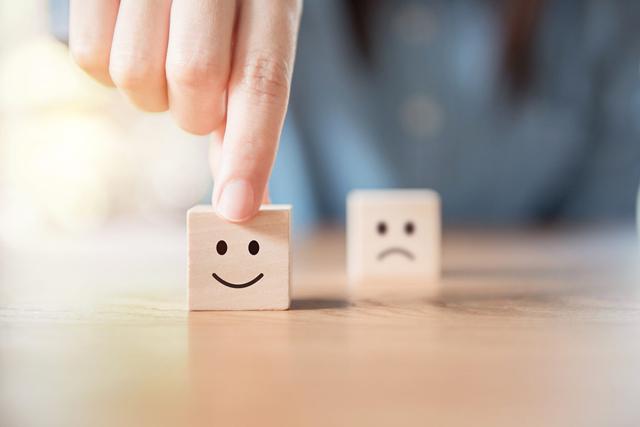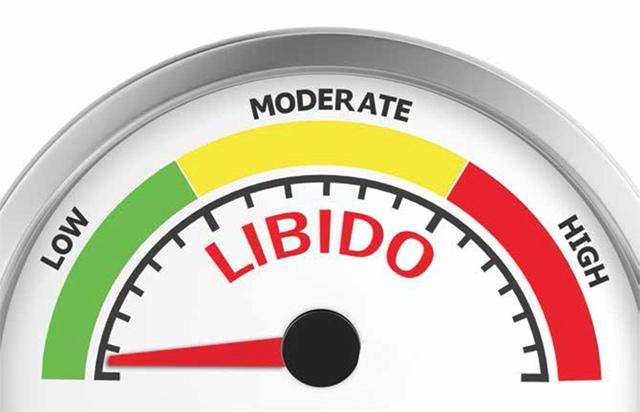You are here
The chemistry of love
By Family Flavours - Jul 01,2018 - Last updated at Jul 21,2018

Photo courtesy of Family Flavours magazine
By Yaman Tal
Consultant Urological Surgeon and Consultant in Sexual Medicine
Love is one of the strongest of human emotions but if you think it is coming from the heart, think again. Neuroscientists have discovered that love is a chemical reaction which involves the same cocktail of chemicals that are produced in the brain during addictions.
Our brain controls our feelings while falling in love. According to renowned anthropologist and love scientist Helen Fisher, love has three stages:
1. Lust: This stage is driven by sex hormones (testosterone and oestrogen). These hormones are what send us looking for a partner who matches certain predefined characteristic that we set, based on our genetic and cultural backgrounds.
2. Attraction: This stage of romantic love is controlled by dopamine and norepinephrine.
• Dopamine is a neurotransmitter which stimulates desire and reward-seeking centres in the brain and triggers an intense rush of pleasure, euphoria and elation, similar to taking cocaine
• Norepinephrine is similar to adrenaline — it is what makes our heart start race, cheeks flush and palms sweat when close to your loved one
These two hormones are responsible for the high level of energy, sleeplessness and obsession with the smallest details of your person of interest. At this stage, many areas of the brain shut down, such as the frontal cortex which is responsible for reasonable judgements. When judgement centres are not functioning, lovers are willing to risk everything for their relationship and indulge in risky behaviours. In this stage, love is truly blind.
3. Attachment: The chemicals released previously are normalised at this stage and love becomes less dramatic and less dangerous. Love-struck couples enter a state of tranquillity and reason. Some couples may start noticing faults in their partners, not because these faults are new but because love is less blind now. The attachment stage is controlled by two hormones – oxytocin and vasopressin:
• Oxytocin, which is the milk hormone that cements the bond between mother and her baby. It is also produced in men and women during orgasm. It enhances the bond between couples and is responsible for the intense feeling of closeness between couples. It is suggested the more sex couples have, the more affectionate they will become due to the release of oxytocin
• Vasopressin is another bonding hormone which scientists believe is responsible for calmness, security and faithfulness — all essential for managing and maintaining a long-term loving relationship
Dr Tal’s tips for rekindling the flame
Love is all about chemicals, but do we control these chemicals? Luckily yes. We can trigger our body chemicals to keep love alive and I always advise my patients to follow these rules to maintain the flame:
1. Keep it fresh: The release of dopamine is triggered by doing novel things together. To maintain romantic love, start doing something new together. For example, go to movies, exercise, go out for dinner, explore new places together, even do housework together. Sharing house chores is the first stage of foreplay!
2. Keep in touch: The more hugs and kisses you give each other, the more oxytocin will be released. Hold hands, hug and kiss at least eight times a day-this is my advice to couples looking to increase harmony and intimacy.
3. Keep it hot: The more sex you have with your partner, the more you want. If you get in the habit of living without it, you may need to seek professional help.
Reprinted with permission from Family Flavours magazine
Related Articles
How can you decide to be happy? Is happiness a choice? Can you choose to be happy? How can you make yourself happy? Are you chasing happiness or know friends who do?
Consultant Urological Surgeon and Consultant in Sexual Medicine Many women excuse their low libido (sex drive) as part of the ageing pr
By Mariam HakimRelationships and Couples Therapist How happy and satisfied are you in your relationship?














